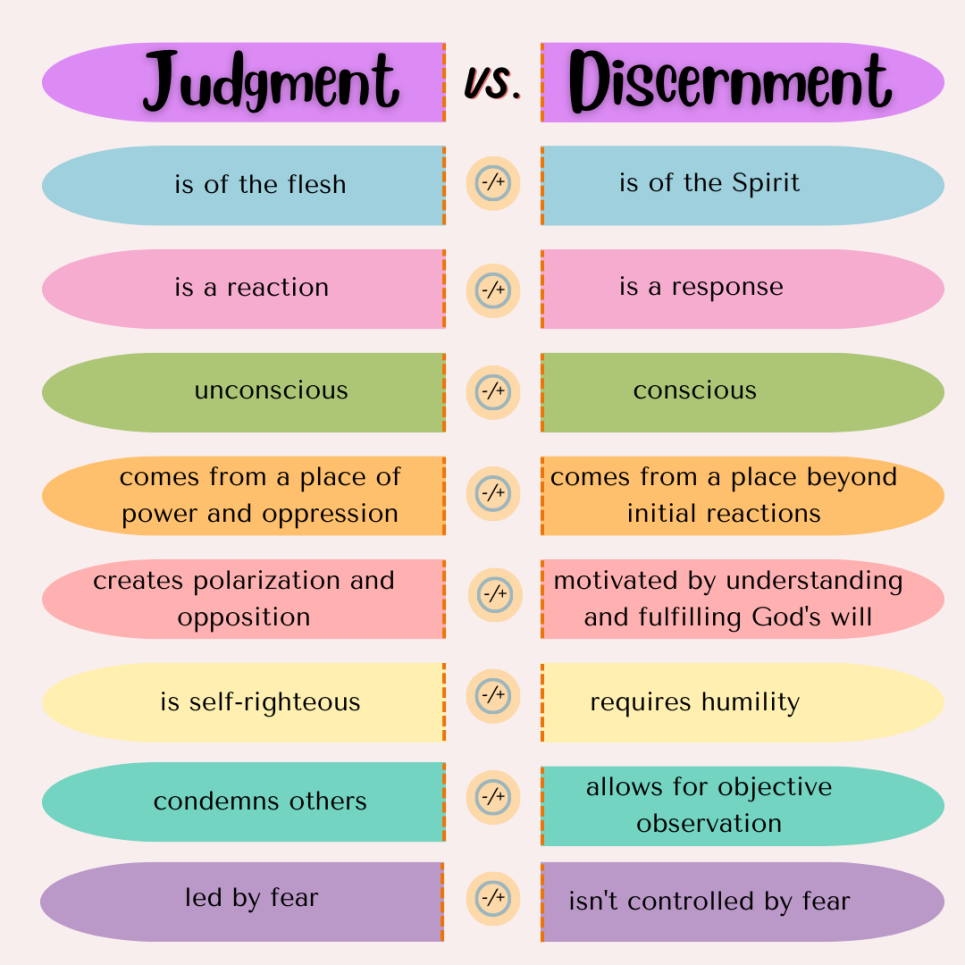Faith, Fun, and Fellowship: Minute to Win It Challenges for Christian Youth
In the fast-paced, technology-driven world we live in, finding engaging and faith-centered activities for our youth can be a challenge. As Christian parents, leaders, and mentors, we understand the importance of nurturing the spiritual growth of the next generation, but we also recognize the need for fun and fellowship. That's where "Minute to Win It” challenges for Christian youth come into play – quite literally! These games are not just about competition; they are about unity, laughter, and building lasting bonds within our youth groups. Designed to encourage teamwork, foster growth in faith, and spark meaningful conversations, we'll discover how these games offer the perfect opportunity to blend faith with fun, combining the joy of camaraderie with the depth of our Christian beliefs.
Whether you're a youth group leader, a parent, or a passionate member of your church community, these challenges offer an incredible opportunity to build lasting connections and strengthen faith. So, let's roll up our sleeves, embrace the spirit of friendly competition, dive into this faith-filled adventure, and discover the joy of combining fun and faith for our young disciples!
Let the Games Begin
Below are each of the Minute to Win It challenges, along with a brief lesson plan. We encourage you to switch up the lesson plans as you see fit. Each game has a printable sign that can be used to set up different stations, and some games include additional printables. Some of the challenges may be too difficult for different groups, so adjust the games as needed. For example, for a group of younger children, a minute may not be enough time to complete a challenge. In this case, we suggest setting aside the timer and the person who completes the challenge first would be the winner. You can decide to break players up into teams or have each person participate individually. Again, please alter each challenge to best fit your needs.

Supplies for Challenge:
- Timer/Stopwatch.
- Cardstock Printouts.
- This game can be played in 2 different ways. Find the sign for game 1 here and 2 here.
Lesson:
Reading
- Begin by reading the Parable of the Lost Sheep found in Luke 15:1-7
Discussion
- Ask the youth what they think the parable means. Encourage them to share their interpretations.
- Discuss the key points, such as the shepherd's care for each sheep, the joy in finding the lost one, and the message of God's love and forgiveness.
- Emphasize that the parable illustrates God's love for each person and His desire to bring back those who have gone astray.
Challenge
Prep
Play
- For either game, hide the sheep.
- Game one- the first person to find the single larger sheep in under a minute wins.
- Game two- the person who finds the most sheep within the minute time limit wins.
Closing
- Encourage the youth to think about how they can apply this message in their lives, whether it's by seeking forgiveness or reaching out to those who might be spiritually lost. Ask them to read and reflect on Luke 15:3-7 in their Bibles during the week and consider how they can live out the message of the parable in their daily lives.

Supplies for Challenge:
- Timer/Stopwatch
- Masking tape
- Slices of bread
- Sticky skeletons like these sticky skeletons
- Sign for game found here
Lesson:
Read
- Begin by reading Deuteronomy 8:1-5
- Next, read Luke 4:1-4
Discussion
- Discuss the significance of these verses. Explain that in Deuteronomy, the context is about God's provision for the Israelites in the wilderness. In Luke, it is about Jesus being tempted by the devil.
- Emphasize that the message is that physical sustenance (bread) is important, but our spiritual well-being and connection to God are even more crucial.
- Explain that food will sustain us for life on Earth, but Jesus is the way to achieve eternal life.
Challenge
Prep
- For this challenge, begin by making a line on the ground or table with masking tape. Then make another line that is some distance away from the first, and make sure the lines are parallel to each other.
Example
 Play
Play
- Either you or the participants will line up a slice of bread along the first line. Hand each player a sticky skeleton. Have the players stand directly behind the second line. Make sure that both lines are long enough for each player to have plenty of room around them. The players then throw a sticky skeleton toward the piece of bread directly across from them. Whoever is the first to get their sticky skeleton onto the piece of bread across from them in under a minute wins.
Closing
- Encourage the youth to spend some time reading and reflecting on a passage from the Bible or engaging in a spiritual practice during the week to strengthen their connection with God, recognizing that our spiritual lives are not sustained by bread alone.

Supplies for Challenge:
- Timer/Stopwatch
- Saltine crackers
- Swedish Fish candies
- Sign for game found here
Lesson:
Read
- Begin by reading Mark 6:30-44
Discussion
- Ask them what stood out to them in the story.
- Encourage them to think about the themes of compassion, faith, and abundance. How did Jesus demonstrate compassion? What role did the disciples play?
- Discuss the idea that with faith, even seemingly insurmountable challenges can be overcome.
- Ask the youth to consider a real-life situation where they can show compassion and faith.
- Emphasize that just as Jesus performed this miracle, we can also be vessels of compassion and faith in our daily lives, believing in the abundance of God's grace.
Challenge
Prep
- Get enough Saltines and Swedish Fish for the players. Each player needs 5 Saltines and 2 Swedish Fish candies.
Play
- Hand out 5 Saltine crackers and 2 Swedish Fish candies to each player. When the time starts, instruct the players to eat the crackers and candies. Whoever finishes all of their crackers and candy first within a minute, wins.
Closing
- Encourage the youth to reflect on ways they can show compassion, faith, and generosity in their daily interactions with others.

Supplies for Challenge:
- Timer/Stopwatch
- Cardstock Printouts
- Mini marshmallows
- Sign for game found here
Lesson:
Read
- Begin by reading John 10:1-21
Discussion
- Ask the youth to reflect on the role of a shepherd, caring for and protecting the sheep.
- Discuss the significance of Jesus as the Good Shepherd, His willingness to lay down His life for His sheep, and how He knows and calls each of us by name.
- Encourage the youth to share their thoughts on what it means to follow the Good Shepherd.
- Emphasize that just as a shepherd cares for and protects the sheep, Jesus guides, cares for, and protects us in our spiritual journey.
Challenge
Prep
- For this challenge, print out these fences and grass fields onto cardstock. Cut out each fence, and fold each fence 4 times, so they can stand upward.
- Hand out each player a fence, a grass, and 10 marshmallows.
- Instruct each player to place their grass on the table, and unfold their fences. Have them place the fences in a standing upward position at the top of the grass page, and make sure that they leave an opening in the fence.
- Have each player place their 10 marshmallows below the dotted line on the grass.
Example
 Play
Play
- Participants need to blow each of their marshmallow sheep into the fence. If the fence blows over, players need to pick it up and all over, placing all of the marshmallow sheep into the starting position. If a marshmallow sheep is blown off of the grass, it needs to be returned to the starting position. Whoever successfully gets all of their sheep into the fence first in a minute, wins.
Closing
- Encourage the youth to think about ways they can follow Jesus as their Good Shepherd throughout the week and seek His guidance, care, and protection in their lives.

Supplies for Challenge:
- Timer/Stopwatch
- Many plastic cups
- Cardstock Printouts
- Sign for game found here
Lesson:
Read
- Begin by reading Genesis 11:1-9
Discussion
- Discuss the people's desire to build a tower to reach the heavens and make a name for themselves.
- Explain how God responded by confusing their language and scattering them, creating diversity among languages and cultures.
- Emphasize the importance of humility, understanding, and valuing diversity in our interactions with others.
- Encourage the youth to reflect on the lesson of humility and the consequences of pride.
Challenge
Prep
- Collect many plastic cups. Size does not matter, as long as they are all equal in size. You’ll need a lot, especially if there are a lot of players.
- Spread unstacked plastic cups evenly on a table. Make sure that they are within reaching distance of every participant. We suggest having the unstacked cups along the center of the table and having each participant on the sides of the table, as shown in the example below.
Example
 Play
Play
- Players will have a minute to build the tallest tower, using whatever method they desire. The person with the tallest tower at the end of the time wins.
Closing
- Encourage the youth to think about how they can embrace diversity and show humility in their daily lives, avoiding the pitfalls of pride.

Supplies for Challenge:
- Timer/Stopwatch
- Cardstock Printouts
- Sign for game found here
Lesson:
Read
- Begin by reading Joshua 6:1-20
Discussion
- Discuss the unique plan God gave to Joshua and the Israelites to march around the city of Jericho once a day for six days and seven times on the seventh day.
- Emphasize the importance of faith and obedience in carrying out this unusual plan.
- Explain that faith, obedience, and trust in God can lead to incredible outcomes, even in situations that seem impossible.
- Encourage the youth to reflect on how God's power was displayed when the walls of Jericho fell.
Challenge
Prep
- For this challenge, print the picture of the brick wall found here onto card stock for each of the youth participating.
- Cut the walls and fold the cardstock in half, along the dotted line.
Play
- Each youth will place their brick wall card at one end of a table. They will proceed to blow the card across the table, aiming to have the card hang off of the edge. The youth need to be careful because if the card falls off the edge of the table, they need to start over. The first person to have their wall card successfully hung on the edge in the allotted time of one minute wins.
Example
 Closing
Closing
- Encourage the youth to think about a situation in their lives where they need to have faith and trust in God's plan, even when it may seem unconventional or challenging.
Unearned (Party) Favors (aka participation prizes)
We recommend giving each winner a goodie bag or a treat. However, to further emphasize God’s love, we suggest handing out participation prizes in the form of Unearned Favors. When the challenges are finished, end the game time by summarizing God’s grace, and the relationship between grace, good works, and Unearned Favor. Hand out a goodie bag or treat to each person who participated. You can print out this sign to display with the treats.
Carrying the light of Christ, One Game at a Time
The beauty of these faith-based Minute to Win It challenges lies in their ability to bridge the gap between fun and faith, transforming ordinary gatherings into extraordinary moments of spiritual growth, friendship, and shared laughter. These games serve as a reminder that our faith is not confined to the pews of a church but can be nurtured and celebrated in every aspect of our lives, even in the midst of playful competition. As Christians, it's crucial to create spaces where our youth can explore their faith in a dynamic, engaging, and memorable way. These games offer a unique opportunity to do just that. We hope this post has provided you with creative ideas to enrich your youth group meetings, strengthen your connections with fellow believers, and, most importantly, draw you closer to God through the power of faith and the joy of play. Go ahead, organize your next youth event, and let these challenges be a source of inspiration, faith, and fellowship that brings your group together, reinforcing the unbreakable bond we share as children of God.
- Torrance Church of Christ








